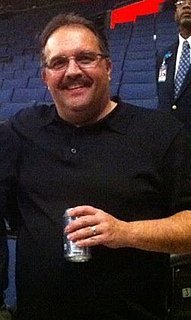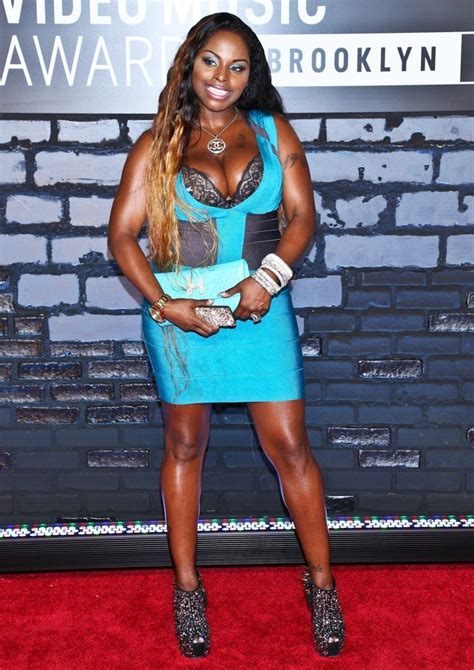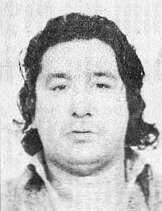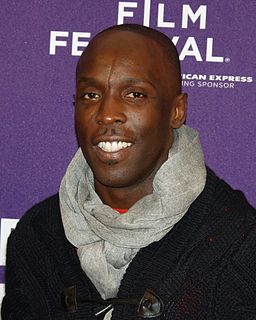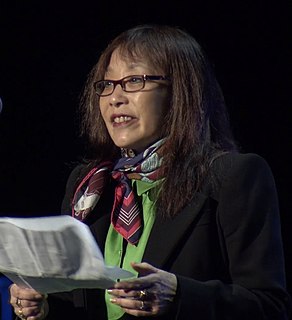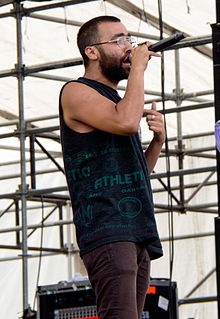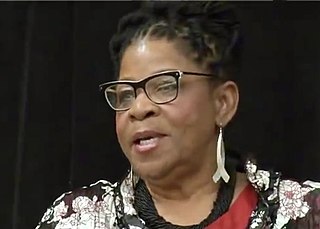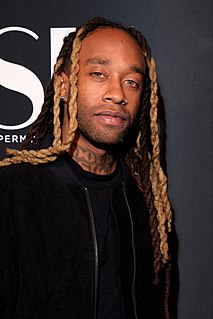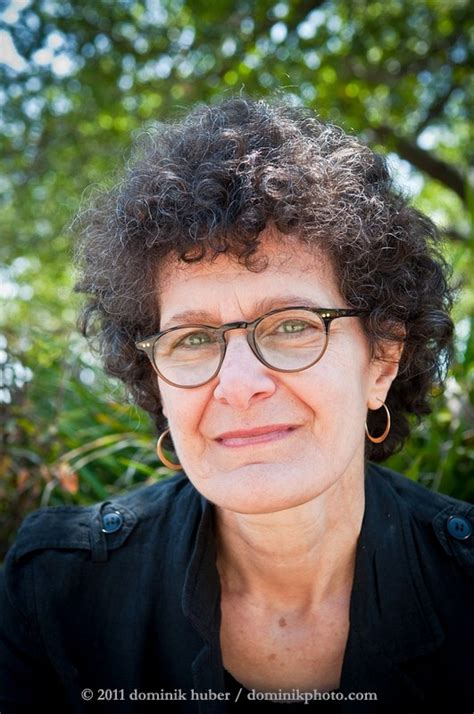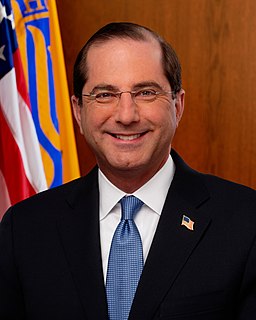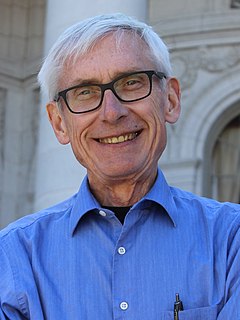Top 201 Incarceration Quotes & Sayings - Page 2
Explore popular Incarceration quotes.
Last updated on November 6, 2024.
I can't say there was a last straw because there have been so many straws, but certainly the horrors at the border, separating children from their parents, the torture, the kidnapping and the incarceration of them in cages was unthinkable, unbearable. When an opportunity presented itself to me to do something, I needed to take a leap.
In the history of postwar German writing, for the first 15 or 20 years, people avoided mentioning political persecution - the incarceration and systematic extermination of whole peoples and groups in society. Then, from 1965, this became a preoccupation of writers - not always in an acceptable form.
We rarely know what motivates somebody in their work, and it's usually a particular moment in their life. For me, that moment is my brother's incarceration and the ways in which this country has decided to neglect, abuse, and sometimes torture people with severe mental illness, especially if they're black.











